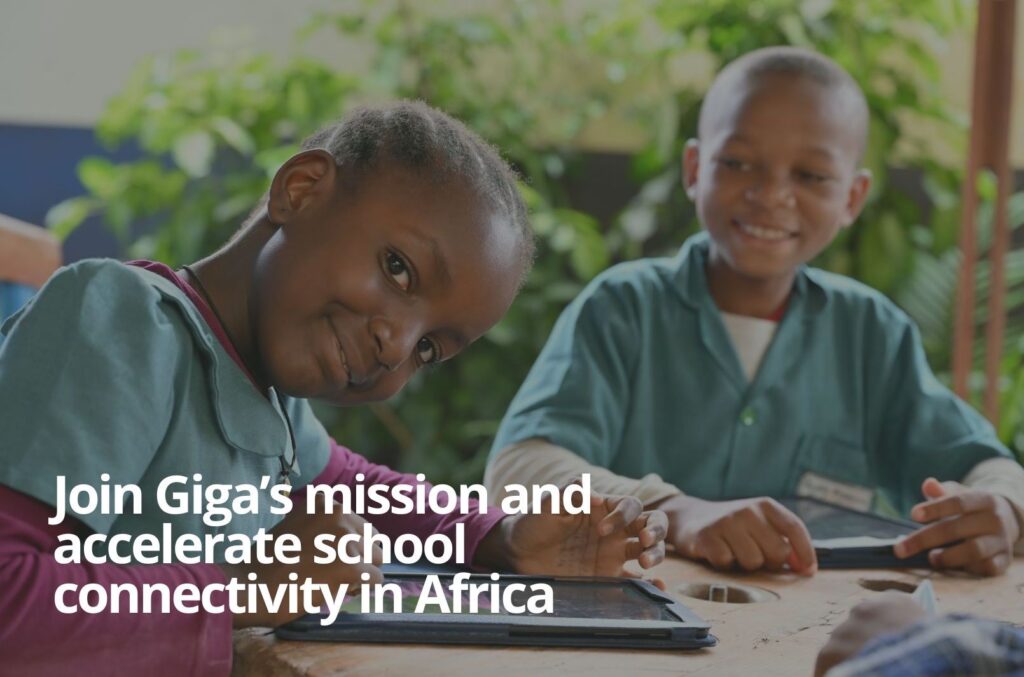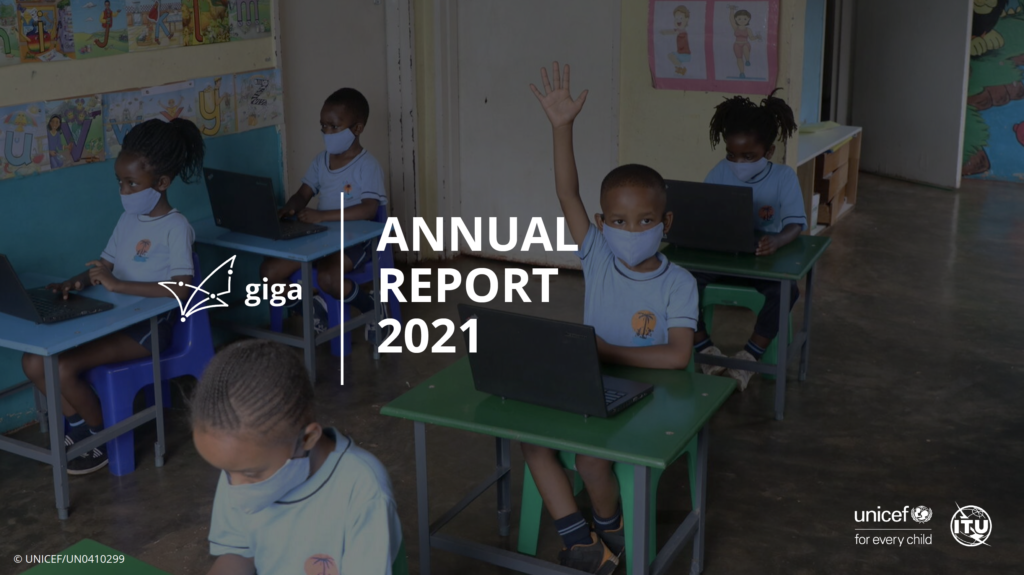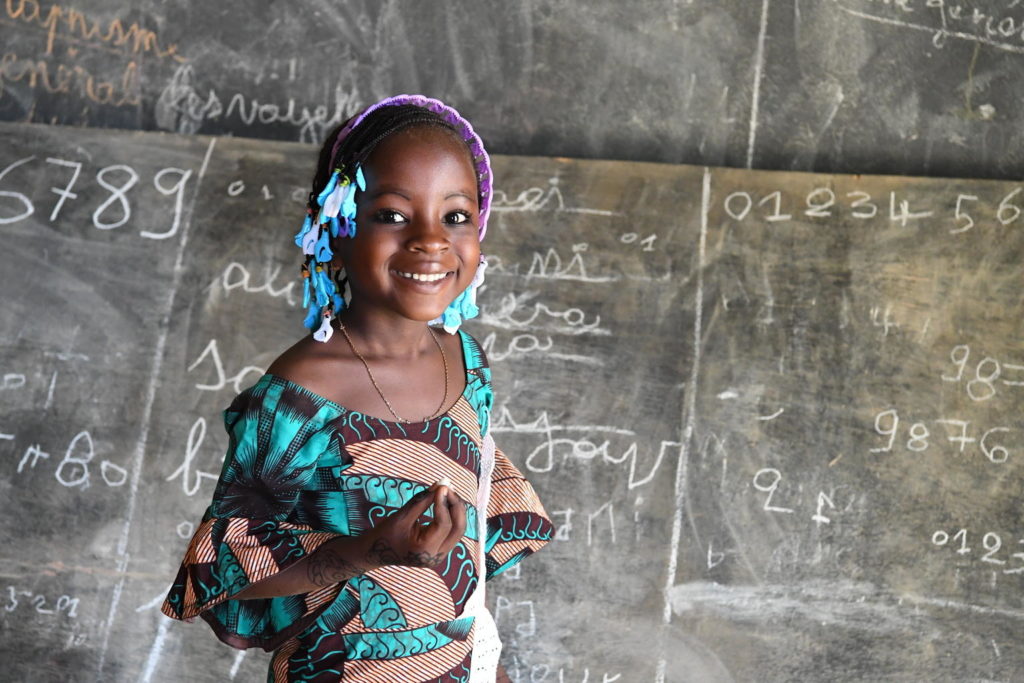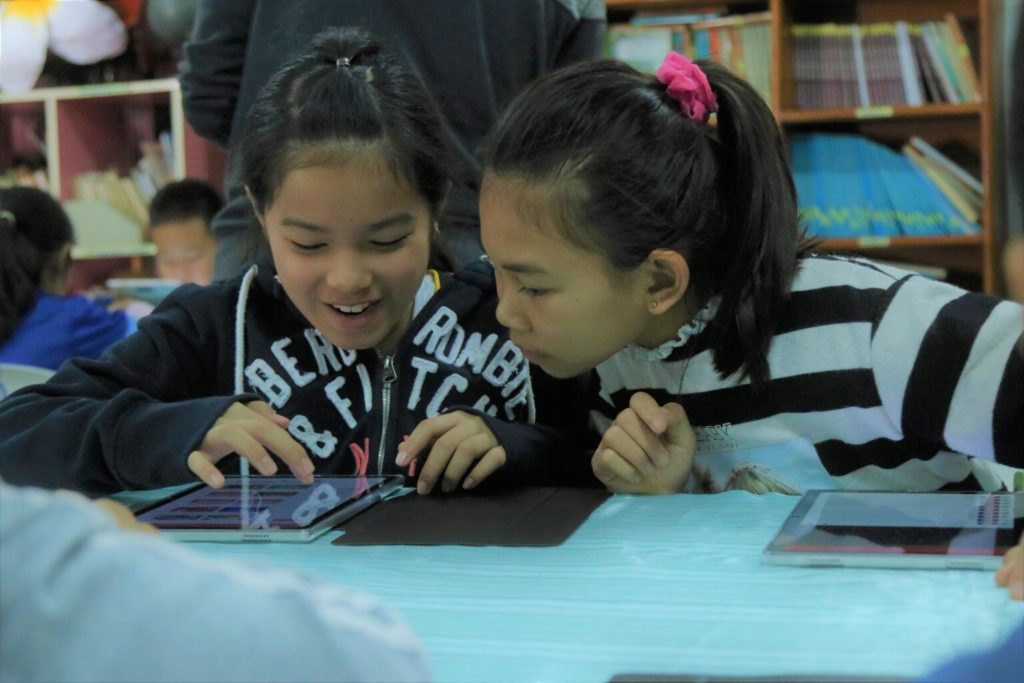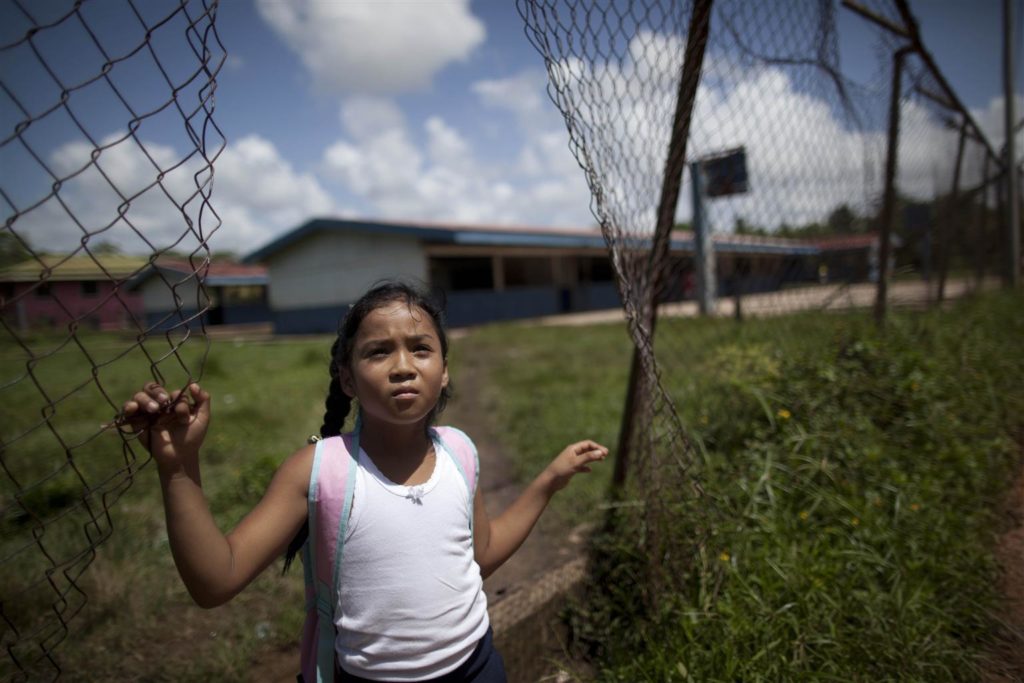A Collaborative Push to Connect Every School in Africa
Giga conducted an in-depth market assessment of the school connectivity solutions market in Eastern, Southern and Western African countries, to get a better understanding of the current challenges, barriers, and market shortcomings for expanding the supply of affordable, high-quality, high-speed school connectivity in the continent.
A Collaborative Push to Connect Every School in Africa Read More »

